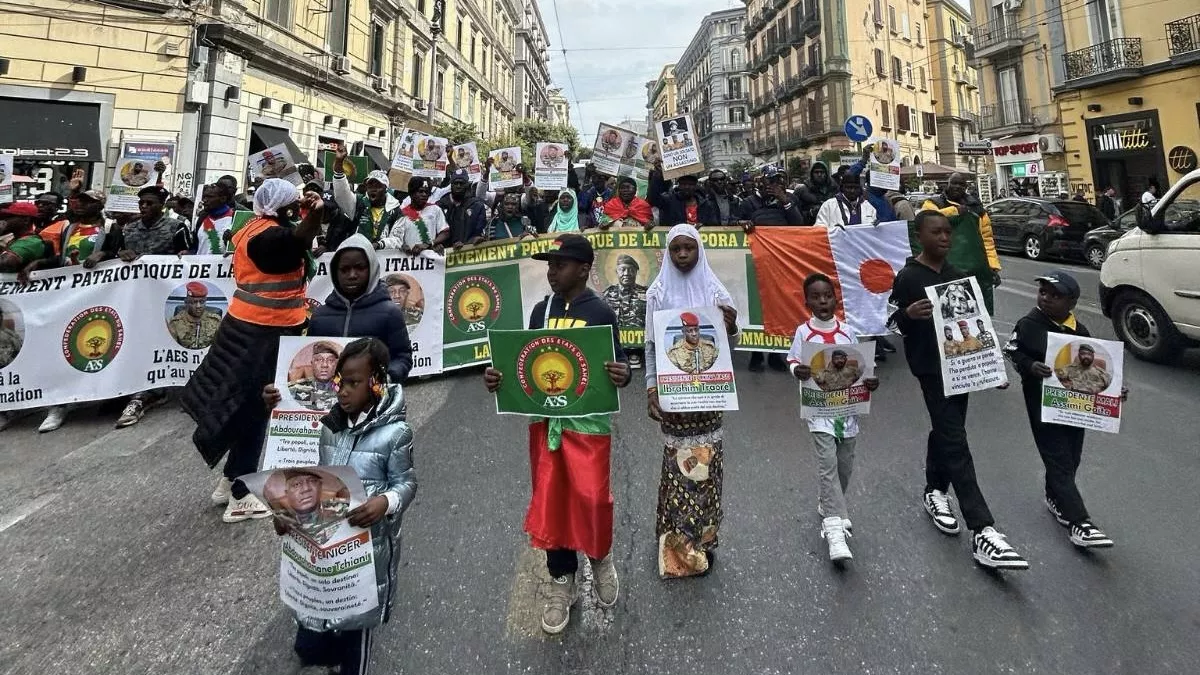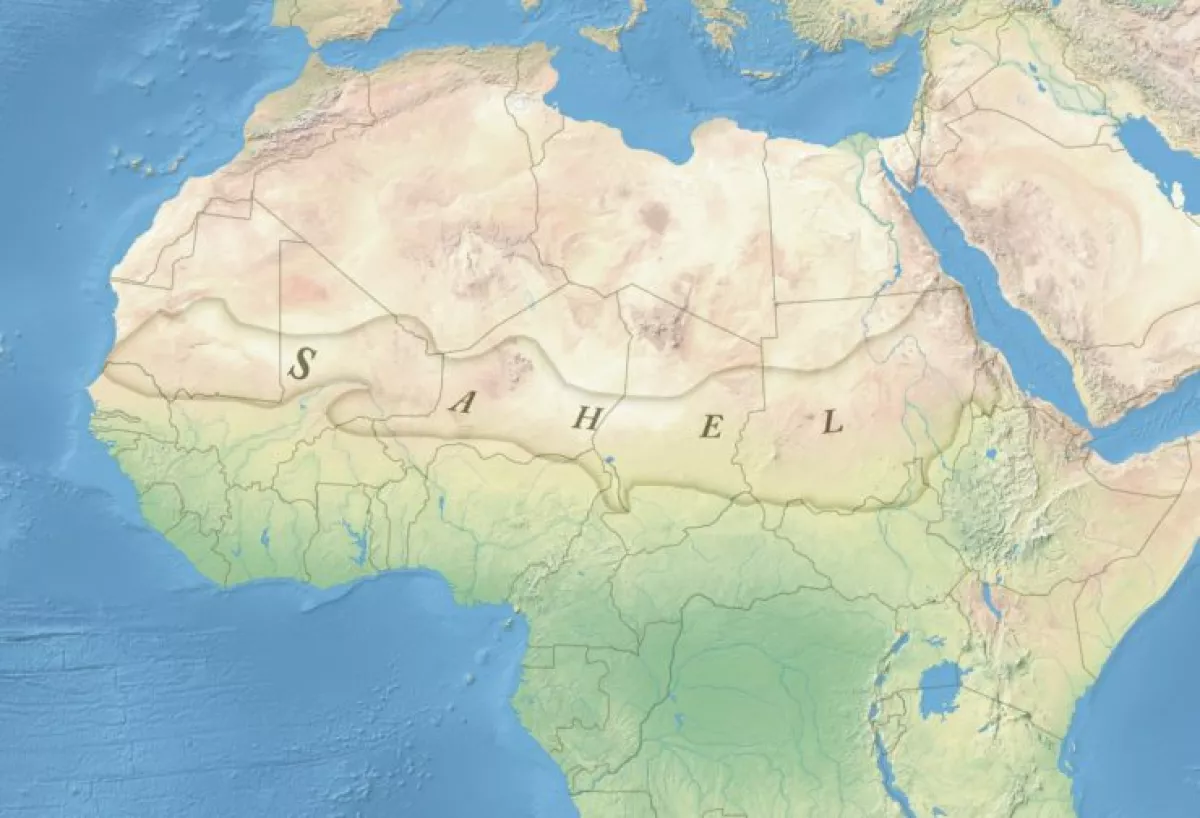Rewriting Sahel story: Diaspora activists confront Western media narratives Article by Peoples Dispatch
An international media outlet Peoples Dispatch has published an article addressing the spread of misinformation in Western media concerning the Alliance of Sahel States (AES). Caliber.Az presents an analysis of the article.
The article offers a sharp critique of Western media narratives surrounding the Alliance of Sahel States (AES), which includes Burkina Faso, Mali, and Niger. Through the lens of diaspora activism—particularly in Italy—it underscores the growing resistance to what is described as "media colonialism" and the systematic distortion of the AES’s decolonization efforts.
Misinformation and media control
A central argument of the piece is that European, especially French, media outlets have persistently misrepresented the AES and its military governments. The article frames this misrepresentation as a deliberate continuation of colonial power structures. Bouyagui Konate, secretary of the Patriotic Movement of the AES Diaspora, accuses these outlets of promoting false narratives, such as AES states "hiring mercenaries or working for Russian interests," which he flatly denies.

“Media outlets keep spreading misinformation, such as AES states hiring mercenaries or working for Russian interests. That’s simply not the reality,” Konate explains.
Konate also criticizes the lingering colonial power of media platforms like France24 and Radio France Internationale, claiming they still serve French geopolitical interests:
“Ten years ago, if something was broadcast on France24, it was accepted without question across West Africa. No one bothered to dig deeper.”
The critique positions these media not as neutral observers but as active participants in sustaining Western dominance by shaping global opinion to undermine AES legitimacy.
Western military presence and neocolonial practices
Another major point of contention lies in the role of Western military forces in the Sahel. The article challenges the West’s proclaimed counterterrorism efforts, suggesting they were more about control than support:
“Despite all their talk of counterterrorism, European countries refused to sell weapons to AES states,” Konate says. “Why? Because their real priorities lie elsewhere. Supporting genuine liberation in the Sahel doesn’t serve imperialist interests, we can see that clearly from history.”
This assertion reveals deep skepticism towards Western motivations and suggests a pattern of suppressing African sovereignty under the guise of security cooperation.
Popular legitimacy of AES governments
The article defends the political legitimacy of AES military governments despite the absence of conventional elections, noting that the former “democratically elected” leaders failed their populations.
“These governments were not elected through the kind of process Western audiences expect, but they are still rooted in popular legitimacy,” says Konate.
This reflects a broader argument that Western democratic frameworks cannot be rigidly applied to post-colonial contexts, especially when they fail to deliver tangible benefits to the people.

A grassroots decolonization movement
The actions of the AES—such as expelling French troops and withdrawing from ECOWAS—are framed as necessary and organic responses to the realities of Sahelian society. Konate emphasizes:
“The people want to chart their own course, and their vision is incompatible with the goals of colonialist powers.”
Diaspora organizations, particularly the Patriotic Movement of the AES Diaspora, are seen as playing a critical role in amplifying these voices abroad. The Naples demonstration is highlighted as part of this wider effort.
Reclaiming the narrative
The article concludes with a call for greater access to “truthful information” and platforms that allow AES voices to be heard. Konate articulates this need powerfully:
“For too long, the people of the AES haven’t had the chance to speak for themselves. It’s as if everyone was allowed to speak about us, while we were never given a voice.”
This final statement encapsulates the article’s main thesis: the struggle for Sahelian autonomy is not just military or political—it is also informational and cultural.
Peoples Dispatch offers a compelling critique of Western media through the perspective of Sahelian diaspora activism. By centering quotes from Konate and situating the AES within a broader historical and geopolitical struggle, the article seeks to challenge dominant narratives and restore agency to African voices. It encourages a reexamination of who gets to speak for whom in international discourse and exposes the lingering structures of colonial power in today’s media and diplomacy.








